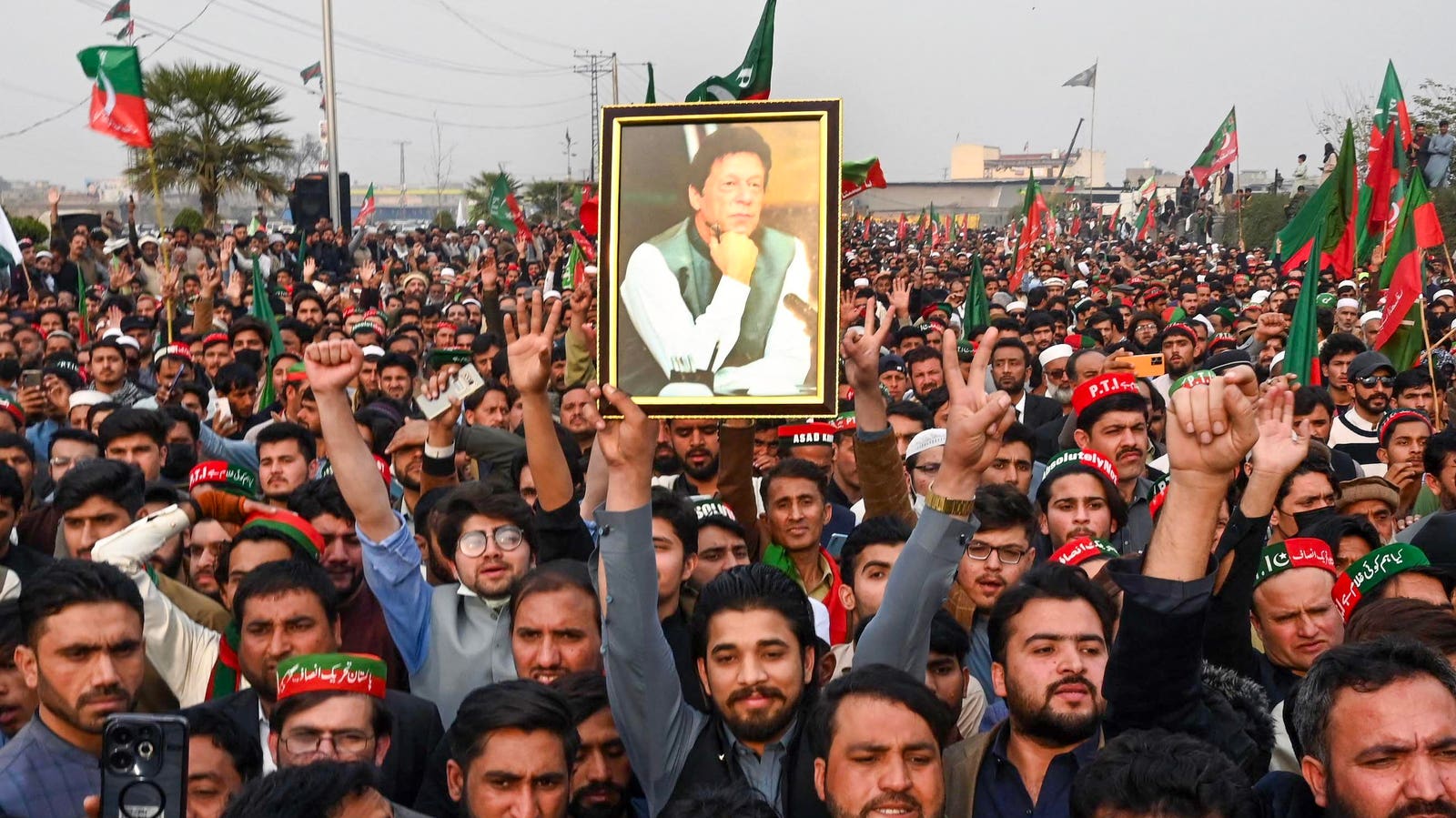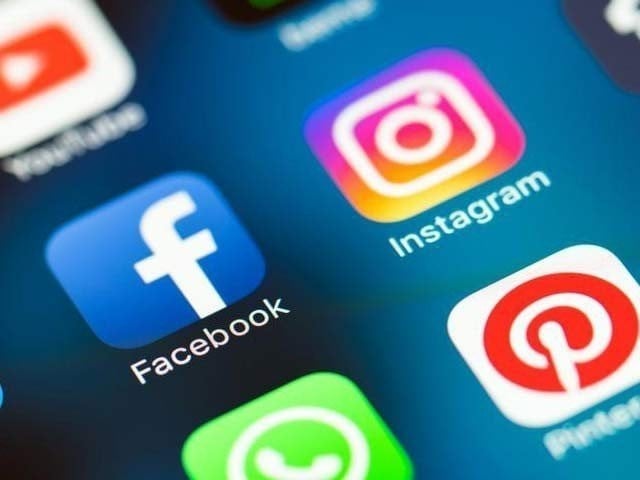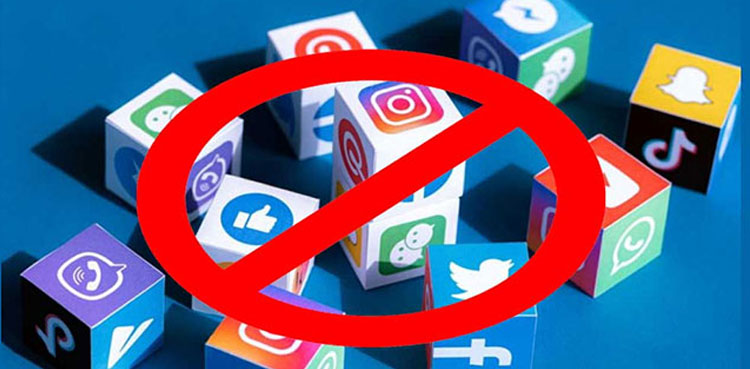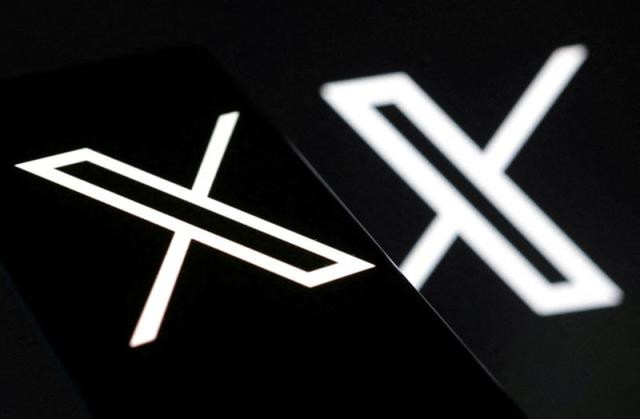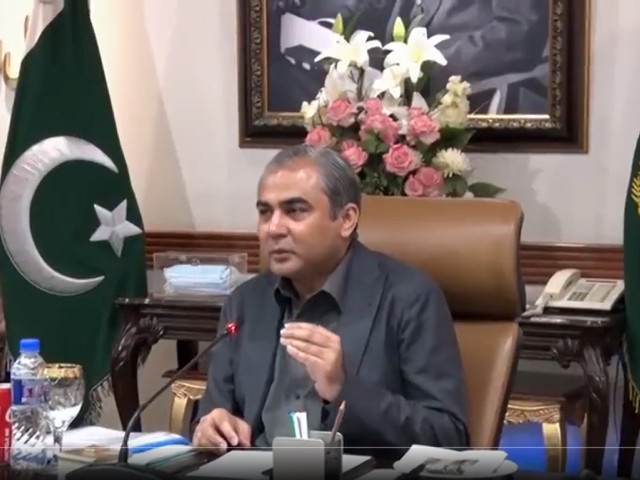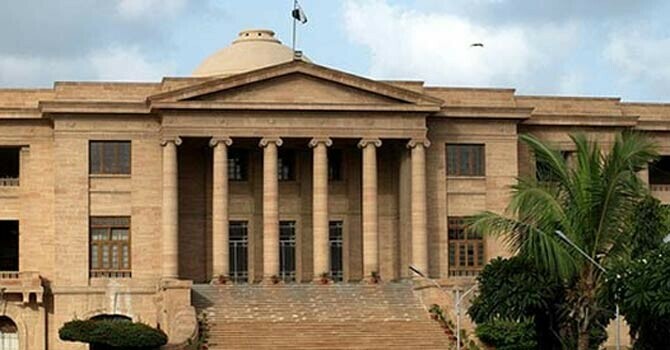TrentDevil
Local Club Regular
- Joined
- Feb 6, 2020
- Runs
- 1,443
ISLAMABAD: Special Assistant to the Prime Minister on Information and Broadcasting Dr Firdous Ashiq Awan confirmed on Thursday that the government will form an authority to regulate social media websites, saying that these platforms cannot be left "completely unregulated".
The response from the government spokesperson comes a day after sources confirmed to Geo News that the cabinet had approved a new set of rules and regulations that made it compulsory for social media companies to get registered in Pakistan and open their offices in the country.
Dr Firdous said that the biggest problem concerning social media websites was that there was no cell in the country to regulate these platforms.
"The government did have any other option till now as there wasn't any authority in the country [to regulate social media]," she said.
The prime minister's aide said that digital media companies were providing services in Pakistan from abroad and making money from it. She said that these companies will have to register in Pakistan and open their offices in the country.
"When these companies come to Pakistan, they will provide employment to the youth," she said. Dr Firdous said that laws cannot be made in accordance with the wishes of social media websites.
"We cannot leave these websites completely unregulated," she said. "These laws have been made to facilitate social media."
Social media companies will be bound according to law to provide data to Pakistan's intelligence agencies, LEAs
According to the laws approved by the cabinet, all global social media platforms and companies would have to register in Pakistan within three months and open offices in Islamabad within the same time period.
Digital media companies will have to appoint a representative in Pakistan to deal with a national coordination authority, which would be responsible to regulate content on social media platforms.
It further requires the companies to set up data servers in Pakistan within a year and makes it compulsory for them to provide data of accounts found guilty of various crimes — including targeting state institutions, spreading fake news and hate speech, engaging in harassment, issuing statements that harm national security or uploading blasphemous content — to intelligence and law enforcement agencies (LEAs).
Authorities would, therefore, take action against Pakistanis found guilty of targeting state institutions at home and abroad on social media. The law would also help the law enforcement authorities obtain access to data of accounts found involved in suspicious activities.
It would be the said authority's prerogative to identify objectionable content to the social media platforms to be taken down. In case of failure to comply within 15 days, it would have the power to suspend their services or impose a fine worth up to Rs500 million.
https://www.geo.tv/latest/272176-dr...e-authority-to-regulate-social-media-websites
The response from the government spokesperson comes a day after sources confirmed to Geo News that the cabinet had approved a new set of rules and regulations that made it compulsory for social media companies to get registered in Pakistan and open their offices in the country.
Dr Firdous said that the biggest problem concerning social media websites was that there was no cell in the country to regulate these platforms.
"The government did have any other option till now as there wasn't any authority in the country [to regulate social media]," she said.
The prime minister's aide said that digital media companies were providing services in Pakistan from abroad and making money from it. She said that these companies will have to register in Pakistan and open their offices in the country.
"When these companies come to Pakistan, they will provide employment to the youth," she said. Dr Firdous said that laws cannot be made in accordance with the wishes of social media websites.
"We cannot leave these websites completely unregulated," she said. "These laws have been made to facilitate social media."
Social media companies will be bound according to law to provide data to Pakistan's intelligence agencies, LEAs
According to the laws approved by the cabinet, all global social media platforms and companies would have to register in Pakistan within three months and open offices in Islamabad within the same time period.
Digital media companies will have to appoint a representative in Pakistan to deal with a national coordination authority, which would be responsible to regulate content on social media platforms.
It further requires the companies to set up data servers in Pakistan within a year and makes it compulsory for them to provide data of accounts found guilty of various crimes — including targeting state institutions, spreading fake news and hate speech, engaging in harassment, issuing statements that harm national security or uploading blasphemous content — to intelligence and law enforcement agencies (LEAs).
Authorities would, therefore, take action against Pakistanis found guilty of targeting state institutions at home and abroad on social media. The law would also help the law enforcement authorities obtain access to data of accounts found involved in suspicious activities.
It would be the said authority's prerogative to identify objectionable content to the social media platforms to be taken down. In case of failure to comply within 15 days, it would have the power to suspend their services or impose a fine worth up to Rs500 million.
https://www.geo.tv/latest/272176-dr...e-authority-to-regulate-social-media-websites







 And if they don't, what next..
And if they don't, what next..
